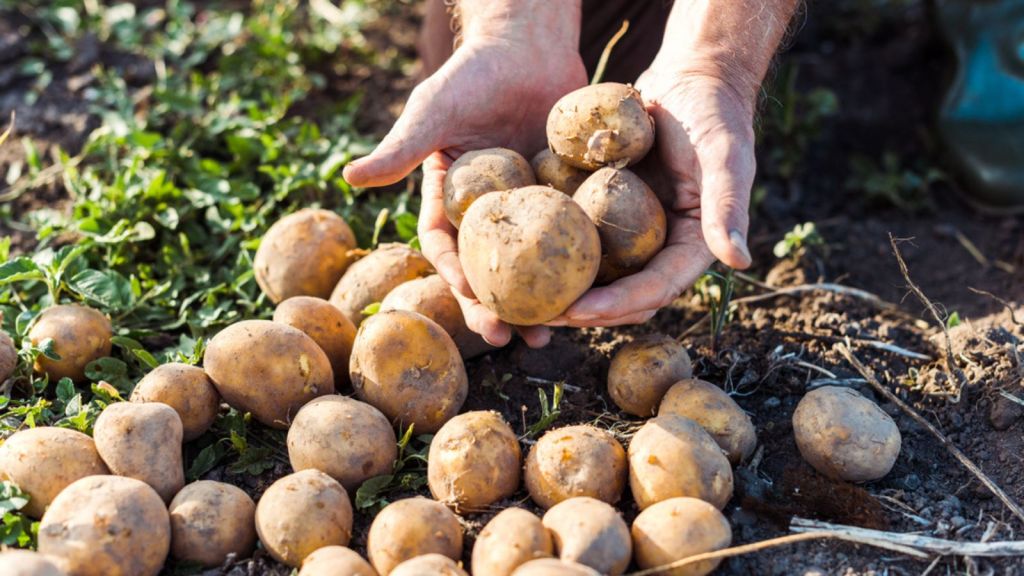“Discover the Surprising Foods That Sustained Families Through the Great Depression’s Harshest Days!”
3. Rice


Rice was a common food during the Great Depression due to its affordability, long shelf life, and ability to be used in a variety of dishes. It was often served as a side dish or used in casseroles, soups, and puddings. Rice was a valuable source of carbohydrates and provided energy for families facing economic hardship.
Rice could be combined with other inexpensive ingredients, such as beans, vegetables, and meat scraps, to create filling and nutritious meals. It was also a versatile ingredient that could be adapted to different cultural preferences and culinary traditions. Today, rice remains a staple food for billions of people around the world.
4. Cabbage


Cabbage was a popular vegetable during the Great Depression due to its affordability, availability, and long shelf life. It was used in soups, stews, salads, and even desserts. Cabbage was a good source of vitamins and minerals, making it a valuable addition to the Depression-era diet.
Cabbage could be grown in home gardens, further reducing the cost of food for families. It could also be preserved through pickling or fermenting, extending its shelf life and providing a tangy flavor to meals. Today, cabbage remains a popular vegetable, enjoyed in various cuisines.
5. Onions


Onions were a versatile and flavorful ingredient that found its way into many dishes during the Great Depression. They were used to add flavor to soups, stews, casseroles, and meats. Onions were also a good source of vitamins and minerals, making them a valuable addition to the Depression-era diet.












